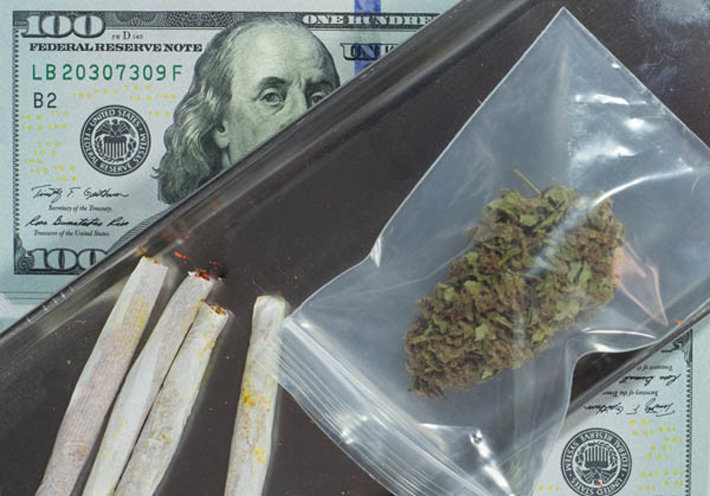Marijuana Today

There are plenty of supporters on both sides of the marijuana decriminalization issue in the US. On one side, some people want to decriminalize the drug. Proponents of the legalization of marijuana would benefit from this move, as the drug would be more broadly available and merchandisable to the public.
On the other side, many people still consider the drug to be hazardous to persons and society at large.
Marijuana today, its legalization and distribution, is still hotly debated and has been for more than a decade. The fact is that we’re not getting rid of this drug any time soon so it would be smart to know what damage might be created by its use.
Effects of Marijuana Use
Marijuana’s short-term effects include distorted perceptions of time and space, increasing the risk of a traffic accident or personal injury. Difficulty thinking and solving problems can impede learning. And since so many people abusing marijuana are high school and college-age, this effect is particularly significant.

Heavy use of marijuana is linked to mental disturbances including psychosis and schizophrenia. Chronic use coincides with a greater incidence of anxiety and depression. And since marijuana potencies have been increasing for the last two decades, there is a greater chance of adverse mental effects when the drug is abused.
The simple fact is that marijuana today is much stronger than what they used to have back 20 years ago.
In 1983, a monitoring project for marijuana potency found that the average content of THC (tetrahydrocannabinol, the intoxicating ingredient in marijuana) was under 4 percent but by 2008, the average had risen to more than 10 percent. Samples of hydroponically grown marijuana can have THC contents of 25 percent or more. Hydroponic marijuana is smuggled in from Canada and is grown in indoor sites across the US.
Rehabilitating the person addicted to marijuana is most effectively done in a long-term rehab program, according to the National Institute on Drug Abuse.
At Narconon drug and alcohol rehabilitation centers around the world, those who have become addicted to marijuana and those who started abusing marijuana and then progressed on to stronger drugs can find lasting sobriety. On average, this recovery program takes eight to ten weeks but the addict moves through at his own pace and may take longer to complete the full program. This holistic program guides people through a repair of the damage done by addiction, a correction of basic situations that led to drug use in the beginning, and the learning of life skills that can protect one’s long-term sobriety.
Detoxification is an Important Building Block of Lasting Sobriety
Each person seeking sobriety must also overcome the cravings that can drive one back into drug abuse. At Narconon programs, a great improvement normally results from the Narconon New Life Detoxification, one phase of the overall rehab program. This phase utilizes a low-heat sauna, generous nutritional supplementation and daily exercise in a strictly-supervised detoxification action.

This combination of sauna, exercise, and nutrition address the fact that THC is stored in the fat tissues of the body, as the drug is fat-soluble. These residues can remain stored in the fat for long periods of time after drug use stops. It’s harder for a body’s natural cleansing action to flush out toxins in fat, so the development of this detoxification process is a major breakthrough for those seeking lasting sobriety. The combination of nutrition, exercise and sauna time activates the body’s ability to flush toxins stored deep in fatty tissues. The result of this detox is clearer thinking, a brighter outlook, and improved mood. Many people finishing this step also talk about their increased energy and reduced cravings. Some people say those cravings are gone.
Following Detox, Life Skills Must be Taught
When drugs are used heavily and over a long period, it is common for a person to lose his or her personal integrity and life skills. Problems have been “solved” for some time by just using drugs or alcohol, and now they actually must be addressed. Otherwise, the conflicts created by unhandled life situations could just drive a person back into drug or alcohol abuse as an escape.
Each person on the Narconon drug rehab program learns the basics of personal integrity and self-respect, honesty, positive relationships, and how to leave the past behind and move forward into a positive future.
When you are trying to help an addicted person recover the joy of a sober life, whether the drug is marijuana, alcohol, cocaine or prescription drugs, find out how the Narconon drug and alcohol recovery program can help your dream come true. There are some 40 Narconon centers on six continents. Contact Narconon to find the one closest to you.
Resources:
 ®
®